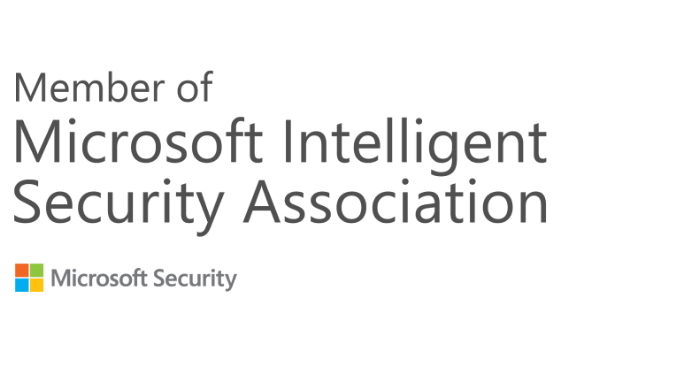As we look forward into 2023, Paul Conaty, Client Solutions Director at CWSI looks forward at some of the items businesses should have on their roadmaps.
With organisations settling into hybrid working, cybersecurity professionals are challenged to protect their IT infrastructure outside of normal boundaries including workers in diverse locations. A development that calls for a new cyber security approach.
Even if all of the correct protocols are in place, if an organisation doesn’t have a full understanding of its whole technical landscape, they simply cannot be maximised or effectively secured.
Paul Conaty, Client Solutions Director & OCTO member, CWSI
 Maturing Hybrid Working
Maturing Hybrid Working
One of the biggest trends on the tech industry horizon for 2023 will be the solidification and maturation of hybrid working. What were initially ‘band-aid’ hybrid working technologies now need to be consolidated and made to work for the long term.
Hand-in-hand with this will be ensuring that cybersecurity strategies are not only fit for purpose, but enabling business success. Data risk management will be a major priority for organisations. Forrester predicts that 2023 will separate the risk management savvy from the rest; companies will need to address burnt out and overstretched IT staff, and will increasingly look at managed detection and response (MDR).

 Human Error Continues
Human Error Continues
Even as technology becomes harder to penetrate and no matter how smart your security is, human error is the greatest vulnerability of any organisation. Social engineering is on the rise and password theft is the most common form of attack. Data loss due to malware or ransomware triggered by fraudulent emails is a growing concern for organisations of all sizes in the decentralised workplace and user awareness training is paramount in identifying and combating phishing threats.
 Identity
Identity
As more people switch between networks, platforms, devices, and services, identity is becoming the key to security. Securing user identities is crucial and ensuring visibility over who has access to what data (and when) is vital when devising a risk strategy. As we enter a traditionally busy time for the movement of talent, the mismanagement of joiners, movers, and leavers can result in organisations being left open to significant security risks and vulnerabilities, so it’s essential that these processes are managed securely and efficiently. In particular, consideration should be taken to ensure access to company data is revoked when no longer required with movers or leavers.
 Compliance
Compliance
Another big focus this year will be around extending compliance and regulation to cater for the hybrid environment. It’s important to examine how modern, hybrid workplaces can have the same level of visibility versus the traditional office. Whether it’s exporting data, capturing customer lists or sharing pricing details, people will always be the weakest link in your compliance chain. We’re seeing stronger baseline standards emerging within the public sector, while the private sector is coming under increasing scrutiny. There will be more board-level focus on security and compliance in 2023 owing to these heightened regulations.
 Iteration, not innovation
Iteration, not innovation
In the face of a global economic slowdown, 2023 will be a year of iteration rather than innovation. We can expect organisations to be careful when it comes to their investments and business leaders will aim to drive value from what they already have to maximise cost efficiencies. The rising cost of cyber insurance, for example, will prompt organisations to step up their cybersecurity postures to mitigate risks and reduce costs.
Automation and the streamlining of business processes could have a role to play in cost-cutting, but Forrester predicts that economic uncertainty will decrease automation budgets. Companies will focus on more known issues and risks rather than transformation plans such as data-driven automation.
Meanwhile, vendors such as Microsoft are moving towards offering IoT platform management services. This allows businesses to use IoT software and infrastructure without having to invest time and resources into building the network, purchasing expensive software, or hiring trained staff to manage the process. Businesses have much to gain as IoT can enable increased security, efficiency and better decision making.
As we look ahead to 2023, one thing is certain: nothing is certain. By implementing systems that look at how your data is being managed, CWSI can ensure a consistent and secure method of protection. Enlisting the support of an experienced and accredited Managed Security Service Provider (MSSP) will provide peace of mind that all bases are covered.
Resources
Our Voice
5 Ways to Evolve Your Remote Working Cyber-Security Strategy
Our Voice
Closing Healthcare’s Cybersecurity Gaps With Endpoint Security.
Our Voice



